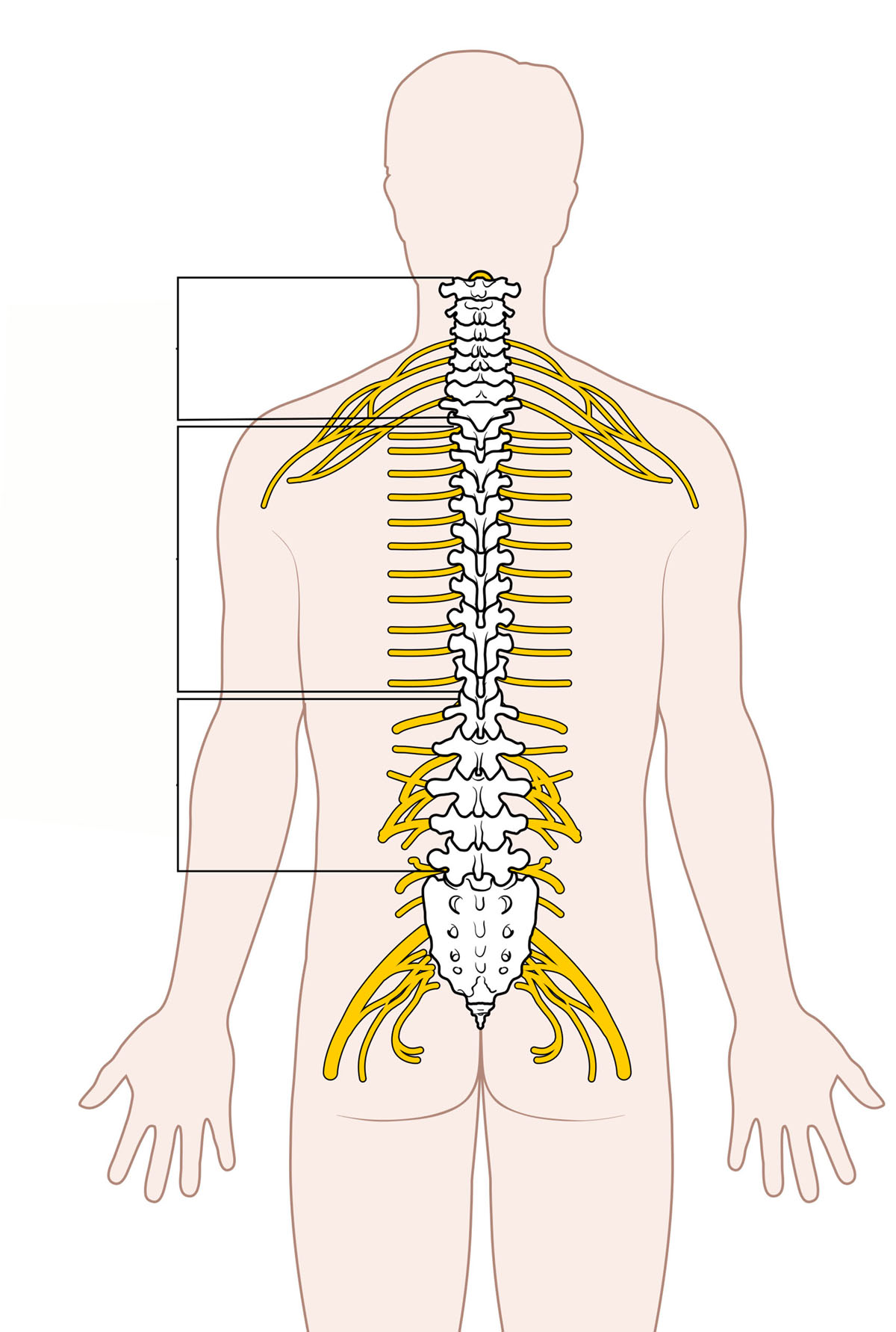
Syringomyelia and the first symptoms
When a syrinx, or a cyst which is filled with fluid develops somewhere within the spinal cord, that condition is called syringomyelia. There are several reasons why these cysts develop and some of them are Chiari malformation, spinal cord tumors and inflammations around the spinal cord which lead to injuries or the damage of that area. Syringomyelia does not necessarily have to cause problems and people do not always have to develop symptoms. In such cases it is enough to go on regular check ups and to keep the condition monitored in order to react properly if and when necessary. However, if these cysts begin to grow they may cause pain and several other symptoms that may even require surgery as a method of the treatment.
The symptoms develop gradually, and over time, and their development depends on the cause of syringomyelia. They usually affect arms, hands shoulders and the back of the neck, and the initial ones are related to the loss of sensitivity to temperature and pain, to the loss of reflexes, and to the weakness of muscles. Later symptoms such as pain and stiffness in the mentioned parts of the body may appear, though the pain and spasms may be felt in the legs as well, but it is not uncommon that the person suffering from syringomyelia experiences problems with the functioning of the bladder and bowels, and numbness in the facial area. However many of these signs may indicate some other conditions as well which is why it is important to contact the doctor as soon as they are felt because he will be capable of setting the right diagnose.
What are the complications that syringomyelia may provoke?
Syringomyelia is diagnosed with the help of MRI images of the spine and spinal cord, though the doctor has to be informed about the possible injuries if any of them have happened in the recent past. After the diagnosis has been made the recommended method of treatment will depend on the cause. In case the cause cannot be determined and the symptoms haven’t developed yet which is also possible the doctor will only suggest monitoring. Surgery is recommended in cases in which the symptoms prevent an individual from performing everyday activities and leading a normal life, and depending on the cause again, it will be focused either on draining the syrinx and correcting the abnormality or to the removing of the obstruction. If the condition is not diagnosed in time and if the treatment doesn’t start in time the complications such as chronic pain, scoliosis and even Horner syndrome may occur.



-Causes,-Symptoms,-Diagnosis,-Treatment_f_280x120.jpg)

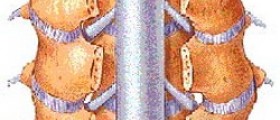


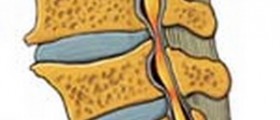

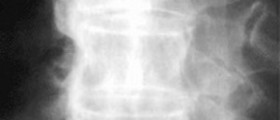


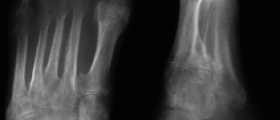



Your thoughts on this
Loading...